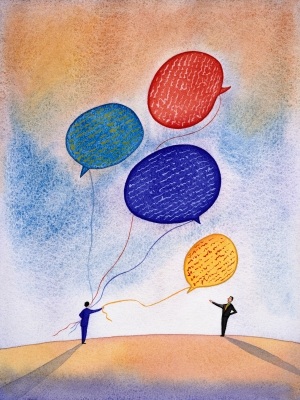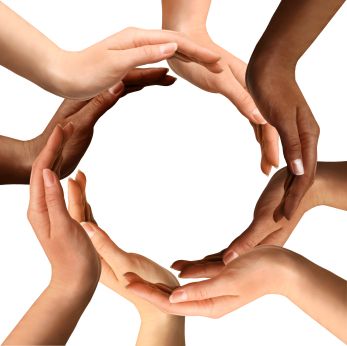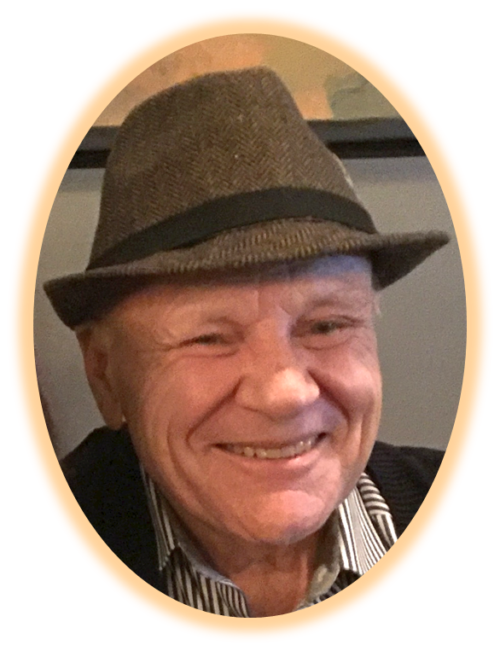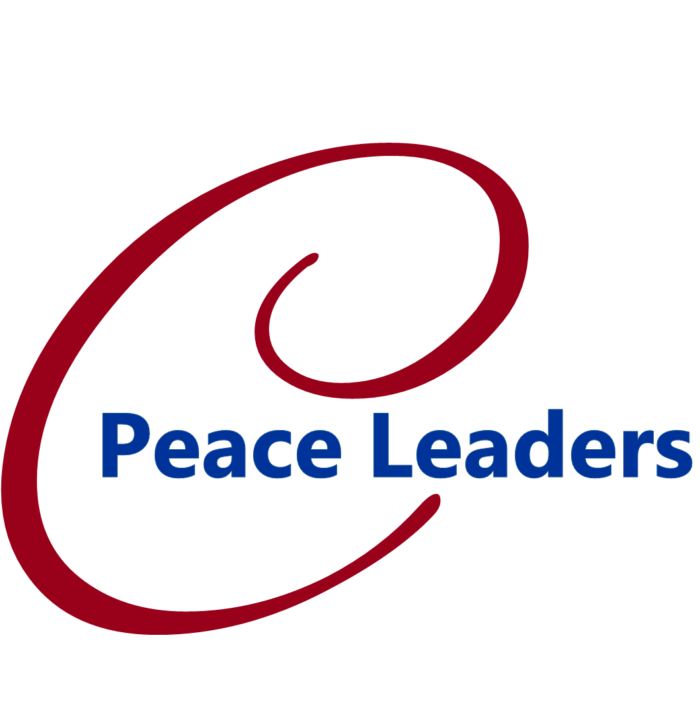Peace Cafés
Connection Conversation Community
Reconnecting Through Conversations That Matter
One of the biggest barriers to peace in our world and within ourselves is overcoming our sense of separation and isolation. In this rapid paced, digitally connected world, people are generally feeling more disconnected and fragmented rather than connected. The quality and depth of our conversations and our sense of community has been reduced. The experience of deeper, authentic conversations, where everyone feels safe, valued, listened to and heard, are harder to find.
Peace Cafés are an opportunity to reconnect with each other, and to learn and grow together as we seek to understand the challenges and opportunities of our time. They can help us lessen the divide between us to discover more connection, community and unity within our diversity.

What are Peace Cafés?
Peace Cafés, patterned after Bohmian Dialogue method are simple, hosted opportunities to have conversations about any subject related to peace, AND almost any subject, issue or opportunity can be viewed from the perspective of how it enhances or limits peace.
In Peace Cafés, a group gathers together in-person or online in a circle or around a table to talk about peace. These conversations typically last between 90 and 120 minutes.
At a Peace Café there is nothing to join, no homework, and no agenda - just a simple process that helps to shift us from small talk to BIG talk conversations about peace matters. More than big talk, it is about deep listening.

Peace Café Schedule
Currently, Peace Cafés are being hosted online by Richard Schultz of ElevateLife using the Bohmian Dialogue method. You can see the latest schedule for these Peace Cafes at https://www.wisdomways.net/Dialogue/PeaceCafes/
All Peace Cafés are free of charge or you may make a small donatation to support them. The Cafés may be based on the Bohmian Dialogue or the Conversation Café method. If you would like to do your own Peace Cafés, whereever you are, please contact Richard Schultz for an online Host Orientation and we'll help get you started.
Create Your Own Peace Café
What happens in a Peace Café?
One way to create your own Peace Cafés is using the Conversation Café Method. Peace Cafés are usually about 90 minutes in length and are free of charge. The Café host or facilitator chooses the location (usually a local coffee shop) where the conversation will take place and invites people to come and have a conversation around a peace topic or theme such as, "What does peace mean to you?" The participants, including the host (2-10 people), gather around a table and the host starts by welcoming the participants, explaining the conversation process, reading the shared agreements for the conversation process and starting off the conversation.
The process consists of four "rounds" of conversation using a "talking object." Peace Cafés are more about listening than talking. The person holding the talking object is the speaker and the rest are respectful listeners. Once each person is finished speaking, they pass the talking object to the next person to speak until the round is complete. It is up to the person holding the object if they want to speak and if not, they can pass the object to the next person.
NOTE: You can find more information about how the Cafés will work at the ConversationCafe.org website, including a hosting guide, materials and video instruction.
Conversation Rounds
- Round 1: After a short reflection period, the talking object is passed in one direction around the circle and each person, one at a time, introduces themselves and briefly shares what has "heart and meaning" for them about the conversation topic. This is done without any feedback or response from the other on what each has said.
- Round 2: Again with talking object passed around the circle, each person deepens their own comments or speaks to what has meaning now. This round is still not about feedback to others on what they have said, but what has personal meaning now for the participant.
- Round 3: This round is about open, spirited conversation. The talking object is placed in the middle and any participant can speak in turn. If there is domination of the conversation, contention or lack of focus, the talking object may be used to manage the conversation where the next speaker takes the object from the center of the circle, speaks their piece and then puts it back into the center for the next person to pick up the object.
- Final Round: About 10 minutes before the end of the cafe, with talking object, each person says briefly what challenged, touched or inspired them.
Peace Café Shared Agreements
The following agreements are read out loud by the Café Host and participants are asked to agree that they will do their best to uphold these principles during the conversation:
- Open-mindedness: Listen to and respect all points of view.
- Acceptance: Suspend judgment as best you can.
- Curiosity: Seek to understand rather than persuade.
- Discovery: Question assumptions, look for new insights.
- Sincerity: Speak from your heart and personal experience.
- Brevity: Go for honesty and depth but don’t go on and on.

How to create your own Peace Café
Creating your own Peace Café is easy. You simply need a host, a space, a topic and the process.
- Hosting and Process: If you do your own Peace Café consider using the Conversation Cafés method. Simply follow go to the Conversationcafe.org website and get their manual here. It will give you all the instructions you need to facilitate the conversations.
- Space: Peace Cafés can be done in a local coffee shop, home or community space. Each Café group can be up to 8 people, so you will need a space large enough for this size, or if larger, a space for multiple groups of 8. Pick a space if you can that is quiet so people can hear each other and of course a space with a nice atmosphere would be ideal.
- Topics: Find a peace topic that will have some "juice" or passion around it for the people you are inviting. The topic is often formed as an open question for discovery where participants can contribute in sharing and deeply listening to each other's perspectives, feelings and wisdom on the subject. Peace topics can range from, "What is peace to you?" to topics about inner peace, peace economics, immigration, family violence, or peace education. There is no end of possible topics. You might ask the group what topics they are interested in. Here are some examples of topics from the Conversation Cafe website.
In Memory of Robert Stewart

These Cafe's are dedicated to Robert Stewart who peacefully passed away on September 9, 2019.
Robert Stewart, CPA, CMC and recipient of the YMCA Peace Medal, was a leader in peace-building for more than two decades. It was at the Rotary International Conference in Calgary, Alberta in 1996 that Robert heard the same message from several keynote speakers, That message? "Peace is the most worthwhile cause and you should do something about it." Since then, Robert faithfully served in his passion for peace - both his own inner peace and peace in the world.
Robert was the founder of the Canadian Centres For Teaching Peace and co-founder of this Peace Leaders' Collaborative. He was also an author. You can find out more about Robert's work at www.stewartatpeace.com
Stewart lived in Shediac, New Brunswick, Canada with transformational life-coach, speaker and author, Anne-Marie Collette, who continues with their peace legacy.

